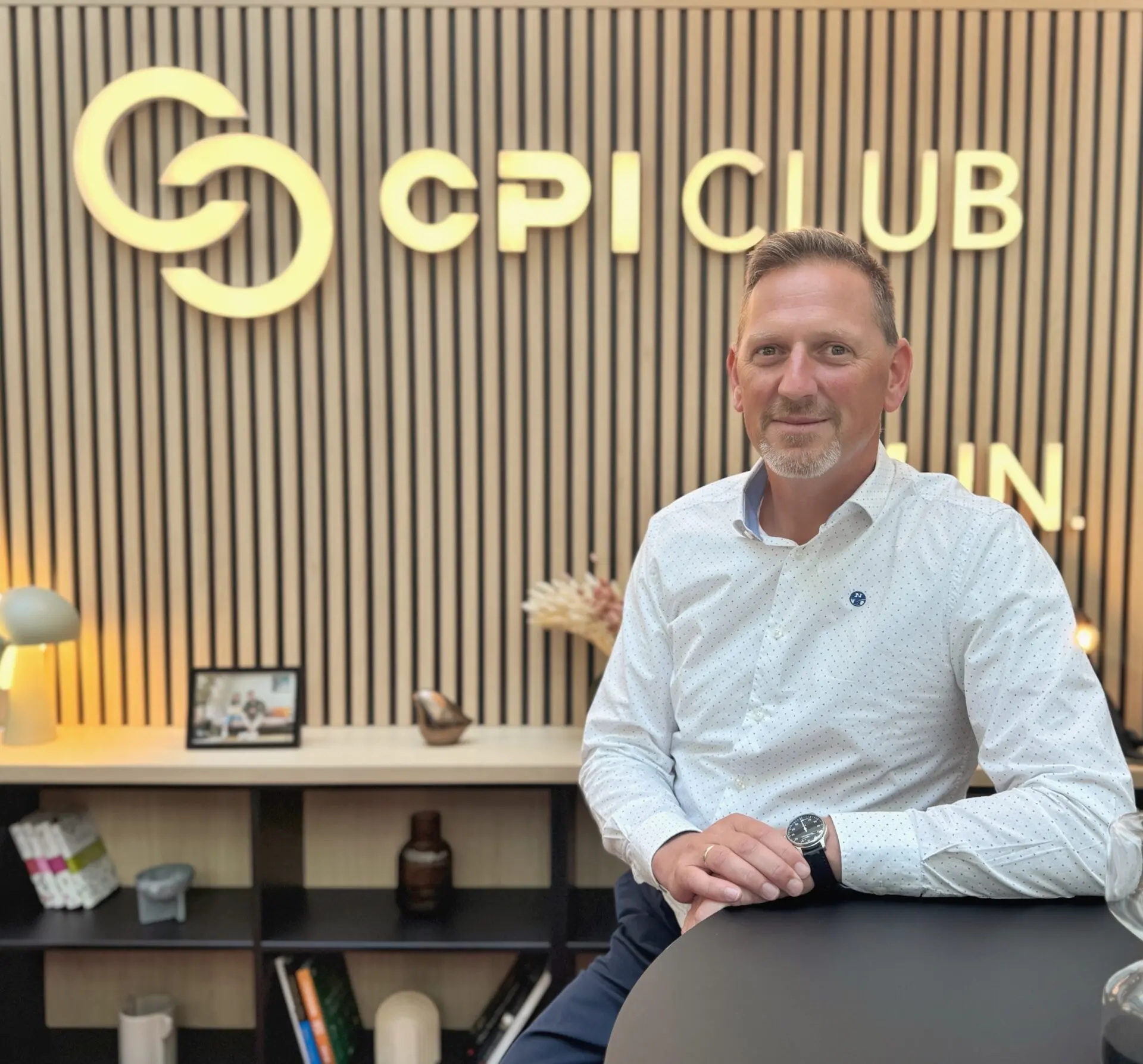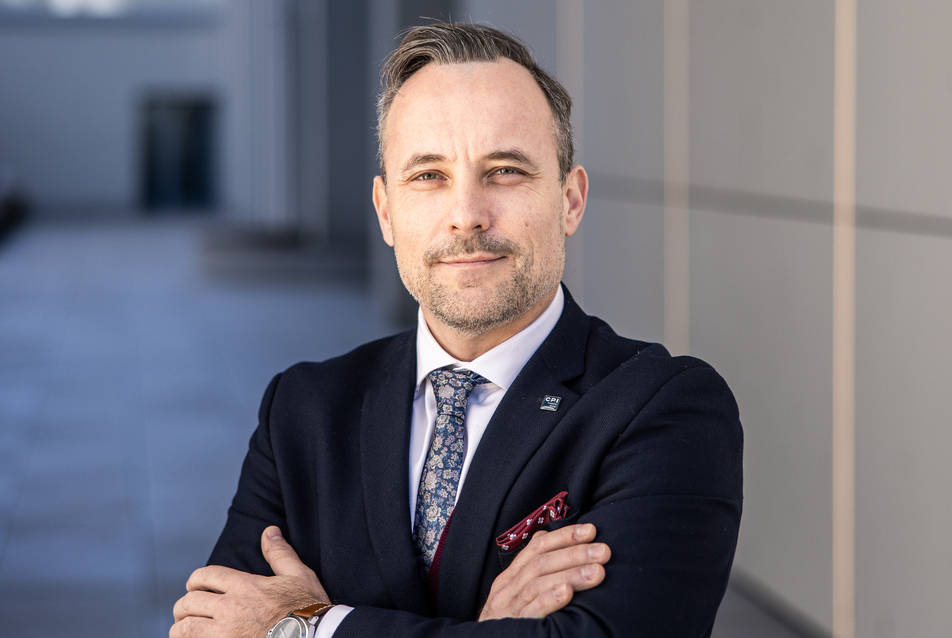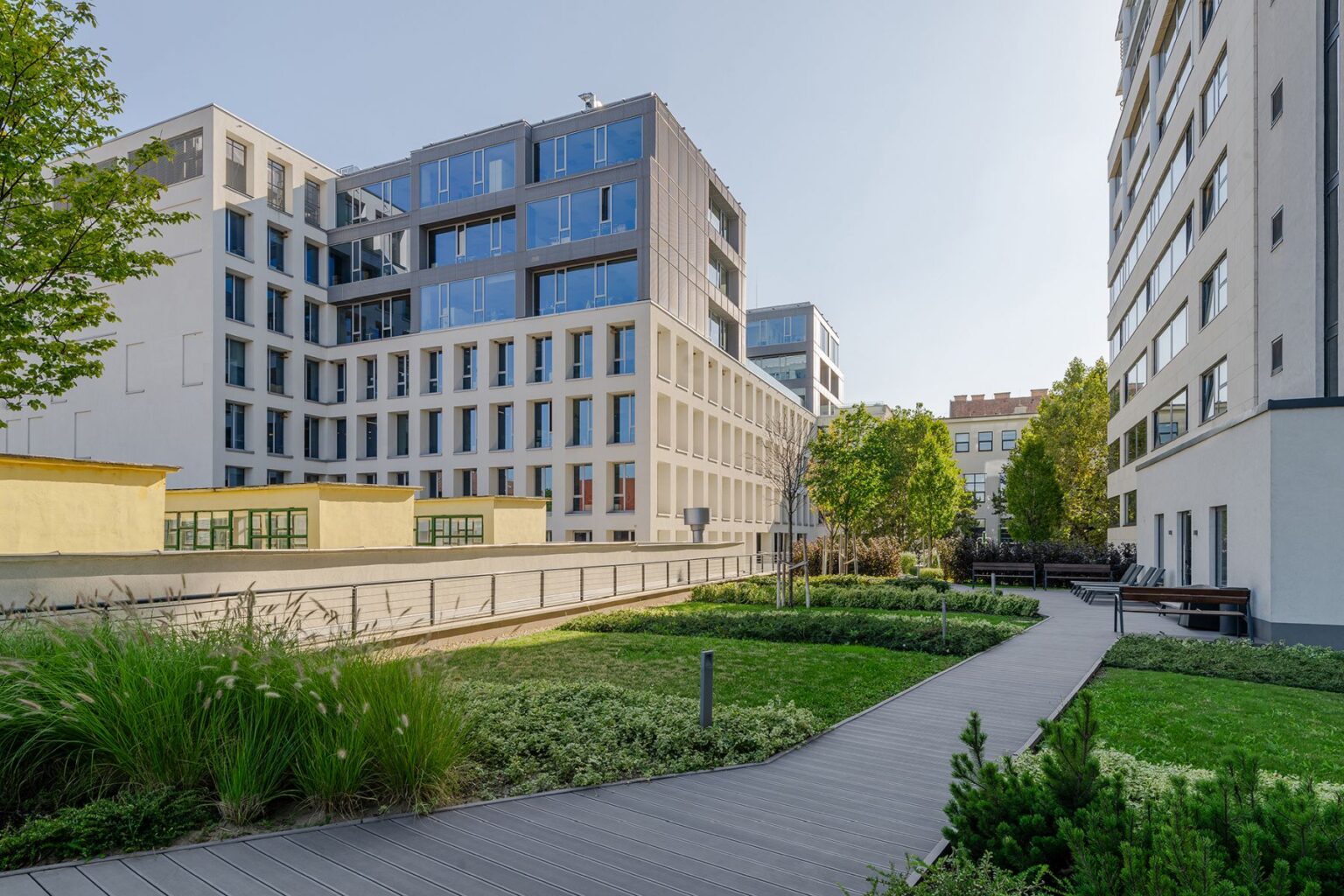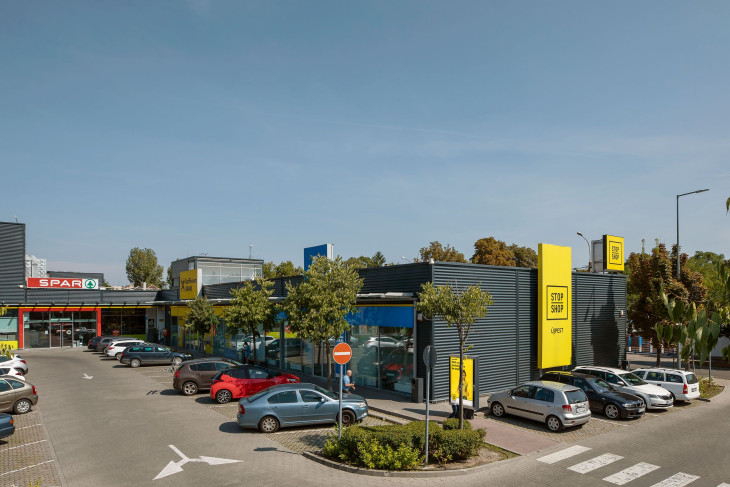“We believed, until now, that we are real estate developers and asset managers whose prime objective is to find tenants for our properties, regardless of whether it’s office, retail, hotel or whatever. That’s old-fashioned thinking,” Gereben explains.
“If we want to survive, we have to become a company able to provide all-around services to those who decide to sign with us; among those services, renting an office is only one service. It will be the main one, but all the others, such as flexibility, mobility, community, and ESG, are services that, if we can provide them, we will have a chance to keep our tenants and attract others. Because we will be known as an all round integrated service provider, not only a real estate company.”
Gereben accepts that the concept is not new. But how CPI will implement it is, he believes, pioneering.
“We want to elevate it to a completely different level, to think not about individual properties, but on a portfolio level. If you’re a tenant in our portfolio, and if you rent an office building, we want to get to the stage where we are not just offering a space in an office building; if you’re a tenant with us, you don’t have only one location, but you have 20 location or 30 location, depending on where you live, on where it is most convenient for you to go to work or to have a meeting.”
Gereben is reluctant to go into too many details and risk losing a pioneering position, but the broad brushstrokes are apparent. Tenants won’t simply rent one closely defined 1,000 sqm space.
“One of the initiatives is to offer flexibility not just on a geographical level but also on the size of rented space. Tenants will be able to temporarily amend their office space based on their needs, which can be returned during the lease period. We are introducing the ‘instant office’ concept in most of our office buildings: space fitted out by the landlord that the tenants can utilize as needed. In this way, tenants can optimize their size requirements and leasing conditions. We are rethinking the old-fashioned five-year lease concept because that’s not the market anymore. We must realize that needs and requirements are changing, and we have to adapt to survive.”
Creating Connections
He gives another example of offering a tenant a discount on various services CPI has access to within its portfolio, like the catering unit of a hotel. The company wants to use the power of its tenant base to help create connections and build businesses.
“Whoever becomes a member of CPI Club will have access to these services, and this hopefully is an innovative way of using real estate, adding mobility and community. We have almost 2,000 tenants renting space from CPI. How these 2,000 tenants can get to know each other, interconnect, and use each other’s services, offers a big pool of opportunities. What we’re trying to create right now will hopefully put us ahead of the market,” Gereben explains.
The idea of the CPI Club is an indication of how the firm is trying to develop the “S” pillar of ESG (we’ll come to “E” in a moment). The most obvious marker is its commitment to having its buildings certified by Access4You, which provides detailed information on the accessibility of buildings and offers owners and operators insights to develop further their facilities for those in wheelchairs or with strollers, older people with limited mobility, those with low vision, blindness or assistance dogs, the hard of hearing and deaf, and those with cognitive impairment.
CPI doesn’t just make sure its buildings comply, however. According to EU statistics, about 15% of society, roughly one in every six people, has some special needs due to their health conditions. CPI encourages tenants to employ less abled staff where appropriate, to open up new workforce talent pools, and to create more diverse (and generally better performing) teams.
The socially responsible role of the landlord is also evident in CPI’s green leases, an attachment to the tenants’ lease agreement, which includes what Gereben calls “very soft obligations” around how best to use the offices, waste management, and utilities. A good example is the suggestion to fit motion sensors so lights are on only when and where they are needed and not burning all the time.
“We have hundreds of thousands of square meters of space. But we can only make it sustainable if the actual users, the tenants, can understand and go with us on this initiative; thus, it’s important to us to try and educate them,” Gereben says.
Undoubtedly, green requirements are becoming more stringent, whether from the EU and the government at the regulatory level, bank financing, or even the markets themselves. CPI has a group-wide policy to create a genuinely sustainable real estate portfolio. To this end, it is seeking the latest version of the Breeam In-use certification; 14 projects are going through the process in Hungary.
Reevaluating Properties
Gereben makes the point that requalifying under version six of the certification is a quantifiable step up from the older iterations. It is, he says, an awful lot of work.
“We had to reevaluate all our properties to be able to provide enough information to certify our buildings,” he says. But he insists this greater scrutiny also brings benefits. He claims earlier iterations were little more than “greenwashing,” while the revised system demands that landlords “look at their operation at a much deeper level. Honestly, I welcome that initiative because, finally, we’re getting somewhere, even if it is a lot of work.”
Another area where ESG demands show their fingerprints is bank financing. Gereben gives one example that makes the contrast stark.
“In our shopping center portfolio, we have sought bank financing for two shopping malls: Campona and Pólus. We built a one-megawatt PV [solar panel farm] on top of Campona and secured financing within a few months. With Polus, we couldn’t do that, and we’re still searching for a financing institution to invest. It’s as simple as that,” he says.
That said, Gereben believes a considerable chunk of money is waiting to be invested globally.
“In the past 15 years, real estate offered the most stable income. For those who are risk-averse, this is a good solution. I believe it will still be a very stable business, but what is not sure is how we utilize these buildings,” Gereben posits.
“We’re trying to change the idea of how we use real estate. Yes, these are difficult times, especially here in Budapest, to keep the tenants, to maintain profit levels, to try to fill those gaps caused by the governmental institutions [moving to their own buildings], or the retailers who leave in Hungary, or the logistics companies who choose to put their operations into other countries. But, in general, I believe that real estate will still be profitable in the long term as an asset to invest in. And that’s why we must be smart about how we use our buildings.”
This article was first published in the Budapest Business Journal print issue of September 6, 2024.






.jpg)





